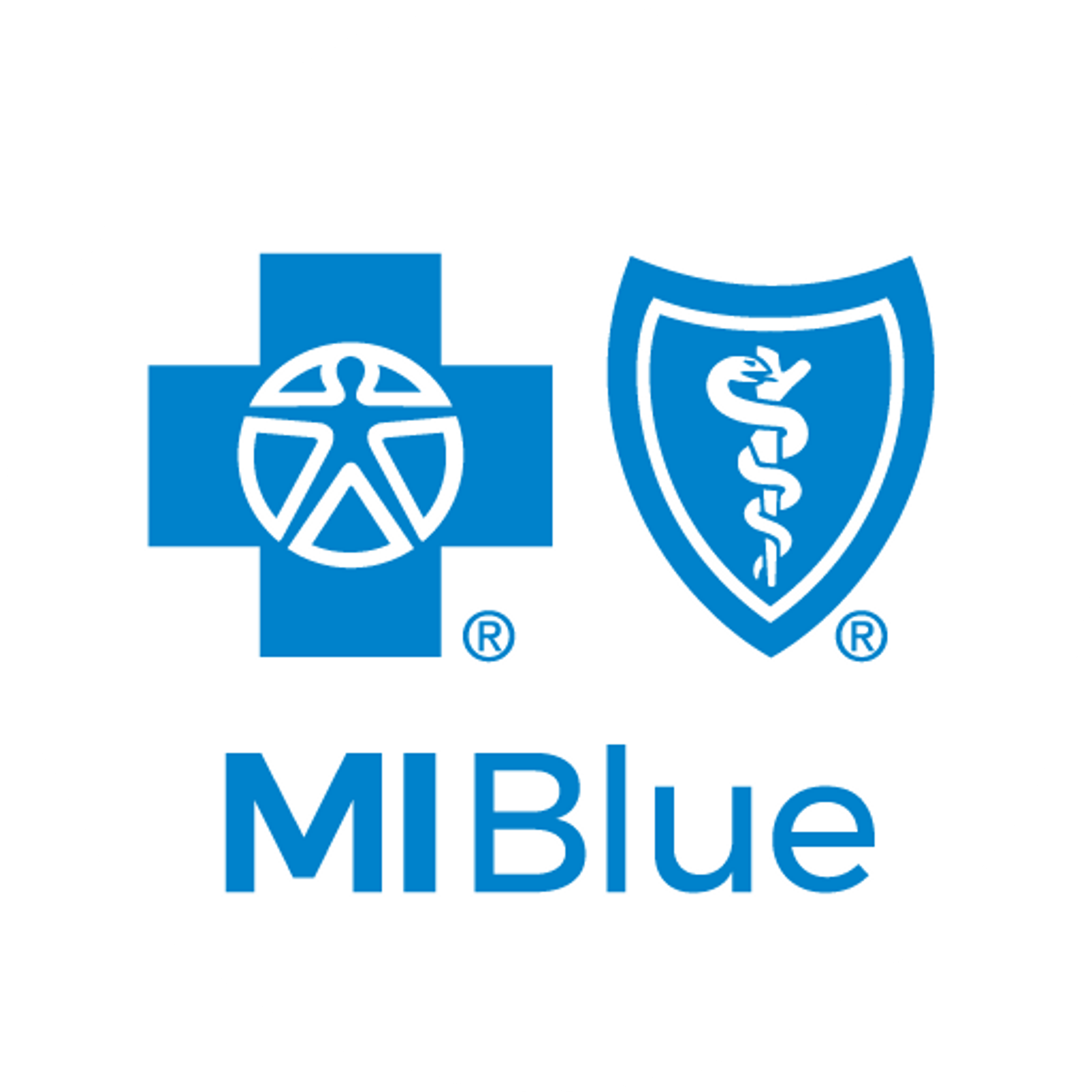
Confused about health insurance? You’re not alone. To help you make better sense of your health insurance plan, we’ve put together a reference glossary and explanation of health insurance basics.
What is a health insurance premium?
A premium is the monthly amount you or your employer pays to your health care company to keep your coverage.
What’s a deductible?
A deductible is the amount you owe for covered health care services before your health care plan begins to pay. For example, if the insurance company specifies a $250 annual deductible, the subscriber must pay for medical services until that amount reaches $250 for the year. Then, the insurance company will begin to pay a portion of the costs. The use of deductibles reduces the cost of premiums by sharing some of the risk with subscribers. It also helps predict the overall expected costs for a group.
What is a copayment?
A copayment is a fixed amount you pay for a covered health care service, usually when you get the service.
What is coinsurance?
Coinsurance is your share of the costs of a covered health care service, usually a percentage (for example, 20%) of the allowed amount for the service.
What is an Explanation of Benefits, or EOB?
An EOB is a statement mailed to a subscriber or insured individual explaining how and why a health insurance claim was or was not paid. There are various types of EOBs, but all have the same general format and contain the same claim information. An EOB is not a bill. Your care provider (doctor, hospital, clinic, etc.) will send you a bill. You can also find a comprehensive glossary of health care terms on our corporate website. Related:
- A Guide to Understanding Your Deductible
- How High-Deductible Health Plans Affect Your Pharmacy Coverage
- A Guide to Common Health Care Terms
Photo credit: fizkes






